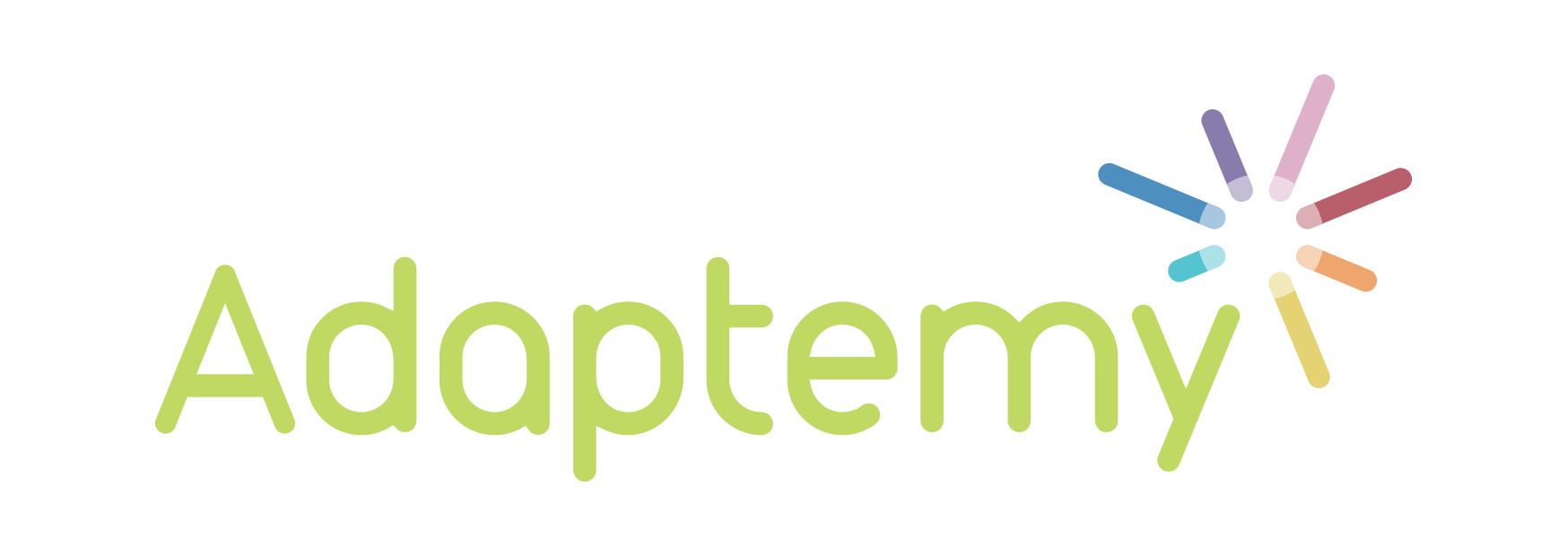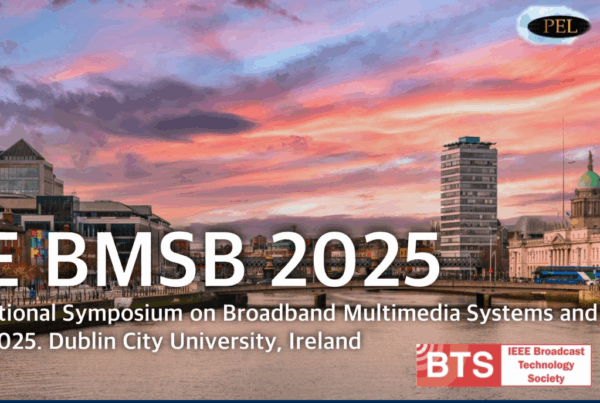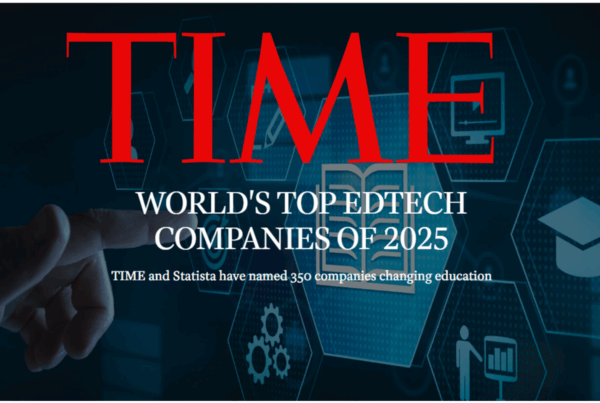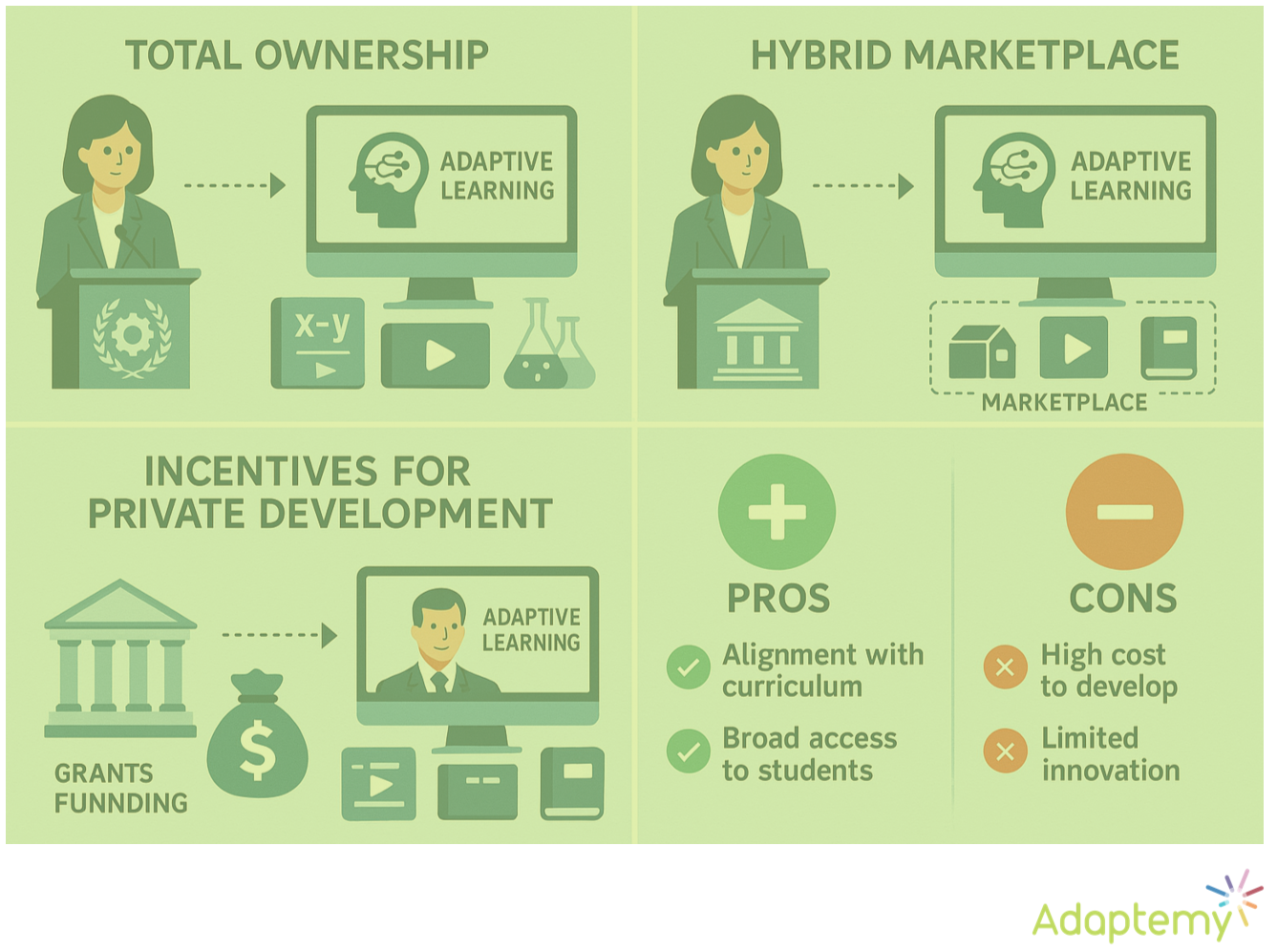
Every student learns in their own way.
Recent research from a 45-year-long American study showed that even children with genius-level IQ need help and guidance from a teacher to succeed.
The Study of Mathematically Precocious Youth (SMPY) tracked 5,000 of the smartest children in America — the top 1%, 0.1%, and 0.01% of all students. It revealed that assuming the smartest kids can achieve their full potential without being pushed is misguided. Many who demonstrate an early aptitude for science and maths tend not to receive the help they need because teachers inevitably focus on helping under-achieving kids.
Grade-skipping, seen by many as a positive step in America, is one example of such support. When researchers compared a control group of gifted students who didn’t skip a grade to those who did, the grade-skippers were 60% more likely to earn patents and doctorates and more than twice as likely to get a Ph.D. in a field related to science, technology, engineering, or math (STEM).
Regardless of your stance on grade-skipping the truth is, when you truly understand a student, and can provide individual feedback and a tailored experience, we witness transformative improvements in learning effectiveness, learner engagement and confidence. And not just at the top. This occurs across the ability spectrum.
Adaptive learning empowers teachers with the ability to achieve this level of insight and truly support the learning journey, demonstrating powerful leaps in ability, understanding and confidence. And adaptive learning can enable learners to progress at their own pace without leaving their social group, removing the need for grade-skipping altogether.
Since it sprung onto the scene in 2010, adaptive learning has come to mean many things. As with all emerging markets, things move quickly. What is kosher one day, becomes hearsay the next. As a company that works in this space, we’re passionate about what adaptive learning is and is not.
What Is Adaptive Learning?
Learner-centric – Adaptive learning bends educational content to best-fit student needs, not the other way around. And it does not simply recommend the next topic or concept to the student, it suggests the most appropriate action and content that matches the individual’s learning journey. It’s highly personalised and, essentially, modular.
Culturally sensitive – Those in the game know teaching styles change not only between classrooms and schools, but also counties and countries. True adaptive learning solutions accommodate such differences and are highly socially aware.
Technology-lead – So intrinsic is technology to adaptive learning that it’s often left out of explanations, leaving those new to the conversation baffled. Adaptive learning is an educational method that uses computers as interactive learning devices. It presents educational content and resources to the user according to their unique needs.
Intentional – Unless the application of technology in a classroom significantly improves learning experiences and outcomes, it does not belong in a classroom. Adaptive learning is not technology for the sake of using technology. It’s intentional in its purpose. That is, to improve educational experiences and outcomes.
Real-time – To be impactful, teachers must be able to view the real-time progress of their class and measure effort as well as achievement. They also require instant classroom oversight, to assist those who need support in the moment. Adaptive learning offers instant insight.
Sustainable – Adaptive learning builds confidence and robust abilities in students by providing them with clear and meaningful visualisations of their learning progress. This fosters self-awareness and has been proven to lead to higher intrinsic motivation over time.
Adaptemy provides educational publishers with the technologies, tools and guidance to create these environments for their schools and classrooms around the world. Our key innovations are in tailoring the learning experience to the student by the second, and understanding the role of the teacher and social dynamics of the classroom.
Results from the last months have shown:
- An immediate 8.3% points grade improvement witnessed by teachers, on average, per lesson.
- 88% student engagement during learning time
- 82% lesson pass rate
Adaptemy is delivering these results with leading educational publishers in Germany, Spain, Ireland and Slovakia. Throughout 2017, the technology will be released in a further nine countries.
To learn more about adaptive learning and how we can help you invest in the digital future of the classroom, please get in touch.




